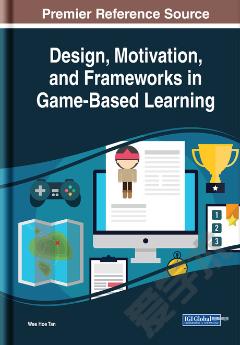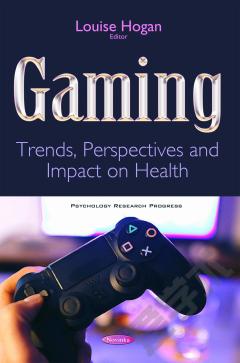Video Games for Health: Principles and Strategies for Design and Evaluation
Substantial resources are being committed to the development of so-called 'serious' video games as interventions for health issues. Health educators and others with an agenda for educating young people are well aware that this group buys video games and spends a lot of time playing them. Games therefore seem to have promise as a vehicle for 'getting to' young people, where other means such as lectures, videos and pamphlets have failed. However, in the enthusiasm of developers to get into the business of producing serious games targeting health issues, relevant learning theory and technology has been largely ignored or forgotten. As a result, available health games are less efficacious, and their production less informed than is ideal or necessary. This book presents the procedures for evaluation of the efficacy of health games and their design components.
{{comment.content}}








 京公网安备 11010802027623号
京公网安备 11010802027623号